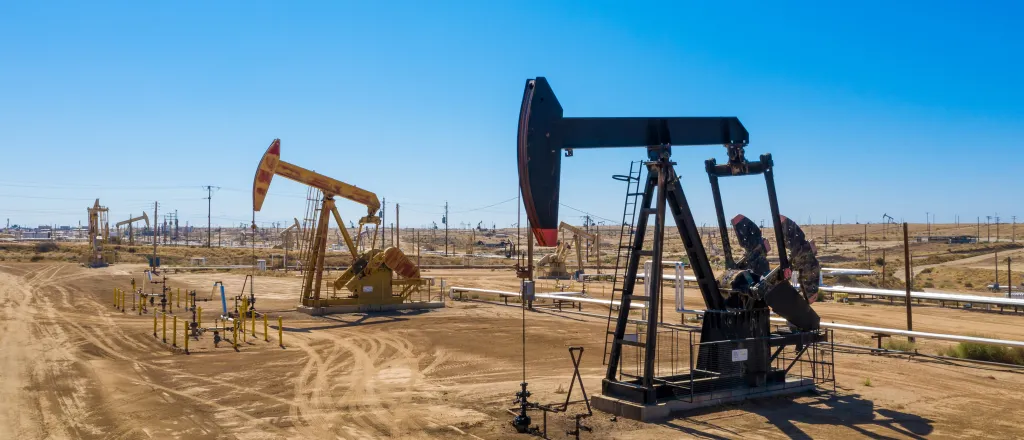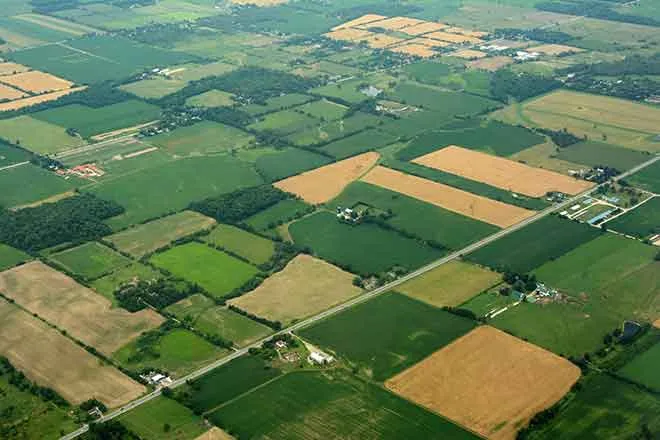
Fast-tracked oil expansion plan in Utah said to threaten Colorado environment
(Colorado Newsline) A proposal to the U.S. Bureau of Land Management to expand the capacity of an oil transport facility on federal land west of Price, Utah, has caught the attention of Colorado officials and conservation groups opposed to increased oil train traffic along the Colorado River.
The BLM is considering a plan from Coal Energy Group 2 LLC to expand the capacity of the Wildcat Loadout facility near Price, which currently can handle the storage and transport of 30,000 barrels of Uinta Basin waxy crude oil, up to a capacity of 100,000 barrels a day. Opponents say that 70,000-barrel-per-day increase amounts to 1 billion gallons a year.
The latest attempt to step up production in Utah’s Uinta Basin is in addition to a seven-county Utah coalition’s bid to build a new 88-mile rail line that would connect to the main Union Pacific tracks very near the Wildcat Loadout facility and then transport oil trains through Colorado and on to refineries on the Gulf Coast. The Uinta Basin Railway is being challenged in court by Eagle County, Colorado, and the Center for Biological Diversity.
The Seven County Infrastructure Coalition did not respond to an email requesting comment on the Wildcat Loadout expansion proposal and whether that plan is seen more as a supplement to the coalition’s rail proposal, which already has obtained U.S. Surface Transportation Board approval, or as a Plan B in the event the Uinta Basin Railway project is derailed in court.
“Currently it looks like oil producers are pursuing any means possible to get more oil out of the Uinta Basin, and onto trains that would travel along the Colorado River,” Deeda Seed, senior campaigner for the Center for Biological Diversity, wrote in an email. “We are in a climate emergency, the effects of which are causing drought, aridification, wildfire, water shortages, extreme weather events. These things make oil trains even more dangerous. In addition to the fact that the oil on the trains is the fuel causing the climate emergency.”
The BLM in June announced it’s considering granting approval for the Wildcat Loadout expansion through an environmental assessment rather than a more comprehensive environmental impact statement — a process that takes more time and allows for more public input. The expansion of the facility originally built for coal transport would allow Coal Energy Group to add oil holding tanks and more railroad tracks over the next 20 years.
Appears to be yet another federal agency ignoring the significant environmental impacts to Colorado and our watershed.– Bryan Treu, attorney for Eagle County
BLM Utah State Director Greg Sheehan did not return an email seeking comment on whether the agency should evaluate the loadout expansion using an EA or an EIS. One of the primary reasons Eagle County is challenging federal approvals for the Uinta Basin Railway is because local officials contend the federal analysis did not adequately consider downline environmental impacts.
“Here we go again,” Bryan Treu, attorney for Eagle County, said of the Wildcat Loadout expansion proposal. “Appears to be yet another federal agency ignoring the significant environmental impacts to Colorado and our watershed. Hopefully, the BLM will see the error in any expedited analysis of environmental impacts.”
The BLM’s consideration of the Wildcat Loadout expansion comes at a time when the agency that oversees more than 245 million acres of federal land, including 8.3 million in Colorado, is considering a rule change to allow for leases that would put conservation on a level playing field with leases for oil and gas drilling, mining, grazing and outdoor recreation. Republicans, including Colorado’s own U.S. Rep. Lauren Boebert, vehemently oppose that proposal.
Boebert, whose 3rd Congressional District includes part of Eagle County and most of Colorado’s Western Slope, unsuccessfully backed moving BLM headquarters to Grand Junction in a bid for greater local control. Last month she cosponsored H.R. 3397, a bill aimed at blocking the new Biden administration conservation leasing regulation.
“Biden’s bureaucrats at the Bureau of Land Management are proposing a rule that would lock up our public lands from multiple uses like grazing, mining, recreation, and energy production,” Boebert said in a press release. “This rule will harm western communities by halting fire risk-reduction activities, stripping grazing rights away from farmers and ranchers, and further waging war on American energy.”
Boebert in 2021 failed to properly disclose the earnings of her husband as a highly paid oil and gas industry consultant.
Eagle County Commissioner Kathy Chandler-Henry last month testified before the House Natural Resources Committee on the proposed BLM rule:
“I think for Eagle County, being able to have a ‘conservation lease’ to restore land that may have been degraded due to overuse, would be a huge benefit,” Chandler-Henry wrote RealVail.com in an email. “I see it as being a boon to ranchers as well — providing some additional management resources to make their grazing leases more productive. Conservation values are generally what are most important to us in a recreation economy. Creating land management plans based only on oil and gas, timber, extraction often doesn’t work well for Eagle County.”
In Utah, a top destination for Colorado adventure travelers and tourists, the Wildcat Loadout expansion is part of what critics call a multi-pronged attempt to step up waxy crude oil production in the Uinta Basin that includes a proposal to build an expanded trucking route through Gate Canyon. That would connect the remote Uinta Basin to Price and its three loadout facilities via Nine Mile Canyon and its world-renowned ancient Native American petroglyphs.
Opponents of that proposal through a treasured state tourism destination are calling it the proposed “Hydrocarbon Highway”.
Landon Newell, staff attorney for the Southern Utah Wilderness Alliance, says local officials for years have been trying to raise awareness of the ancient petroglyphs, pictographs and granaries in Nine Mile Canyon to diversify the local economy and increase tourism. He calls it the crown jewel of Utah, featured in National Geographic and other national publications.
But it’s a narrow, two-lane road, Newell adds — one with limited pullouts and parking for tourists to get up close and personal with the area’s pre-European-historical past.
“So what you have are families pulling over to the side of this narrow, two-lane road to get out of their car to hike up … to see some famous panel, and at the same time you have 65-foot, 80-foot (oil) haul trucks blasting down the road and passing these minivans or sedans,” Newell said. “It really is an example of how the two don’t mix.”
Newell said his advocacy group is closely following the BLM’s proposed conservation leasing rule, and supports that effort, but he argues that tools are already in place to protect Nine Mile Canyon from a crush of anticipated oil tanker trucks.
During BLM land use planning in 2008, Newell said Nine Mile Canyon was designated as both an area of critical environmental concern under the Federal Land Policy Management Act and a special recreation management area.
“In both instances, the agency recognized this is a very special place and that it needs heightened levels of management protection,” Newell said. “However, in the 15 years since the agency prepared that management plan, they haven’t created the Nine Mile Canyon site-specific management plans for these areas. And instead of getting to those plans, here they are with proposals to blast a hydrocarbon highway through Nine Mile Canyon and greatly expand an oil train loadout facility.”
Colorado Newsline is part of States Newsroom, a network of news bureaus supported by grants and a coalition of donors as a 501c(3) public charity. Colorado Newsline maintains editorial independence. Contact Editor Quentin Young for questions: info@coloradonewsline.com. Follow Colorado Newsline on Facebook and Twitter.

















